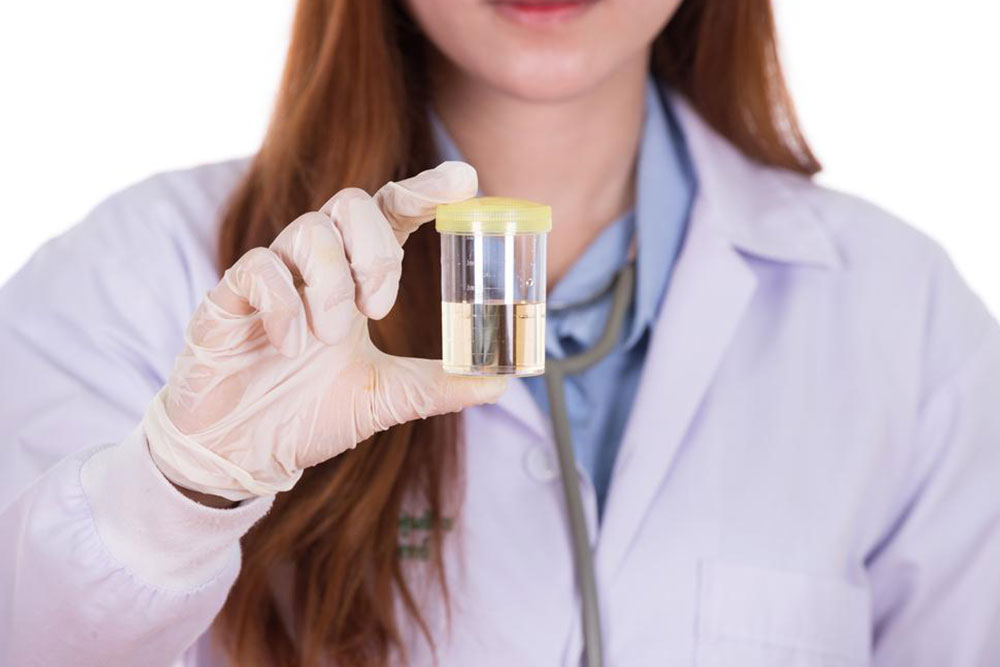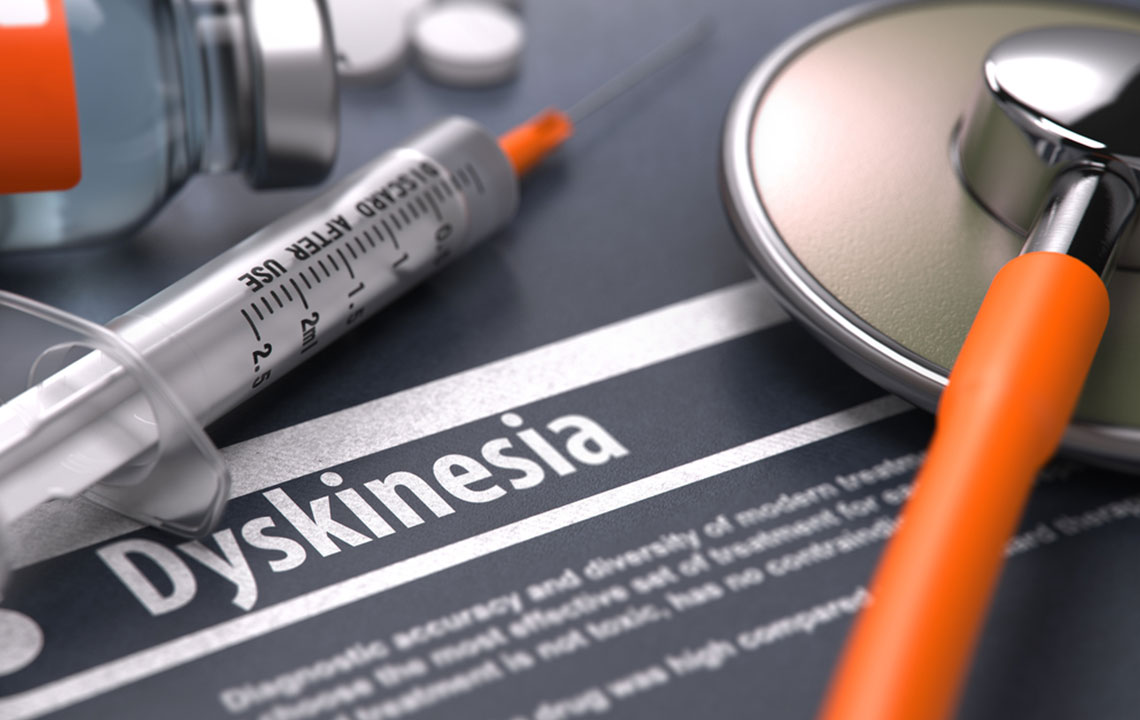Comprehensive Guide to Kidney Infections in Men: Causes, Prevention, and Treatment
This comprehensive article explores the various causes of kidney infections in men, emphasizing the importance of hydration, hygiene, and health management. It offers practical prevention tips and discusses treatment options to ensure quick recovery and prevent complications. Men are encouraged to be vigilant about symptoms and seek timely medical attention to maintain healthy kidneys and urinary tract function.

Comprehensive Guide to Kidney Infections in Men: Causes, Prevention, and Treatment
Kidney infections, medically known as pyelonephritis, are a significant health concern affecting men worldwide. While the male urinary tract naturally resists many infections due to anatomical differences, certain risk factors can predispose men to developing severe kidney infections. Understanding these causes is crucial for prevention and prompt treatment, ensuring better health outcomes. This comprehensive guide delves into the various factors leading to kidney infections in men, effective prevention strategies, symptoms to watch for, and treatment options to facilitate swift recovery.
What causes kidney infections in men?
Kidney infections are typically caused by bacteria that ascend from the lower urinary tract, usually originating in the bladder or urethra. Common bacteria responsible include Escherichia coli and Proteus mirabilis. Despite the relatively robust defenses of the male urinary system, certain conditions and behaviors elevate the risk of bacterial invasion and infection. These causes range from lifestyle factors to underlying health issues that compromise urinary tract defenses.
Multiple factors contribute to the development of pyelonephritis in men, including dehydration, poor hygiene, anatomical abnormalities, and chronic medical conditions. Recognizing these factors allows individuals and healthcare providers to implement preventive measures effectively.
Dehydration and urine concentration
One of the primary contributors to kidney infections is dehydration caused by inadequate water intake. When the body is dehydrated, urine becomes concentrated, creating an environment conducive to bacterial growth. Concentrated urine contains higher levels of waste products and salts, which can irritate the urinary tract lining and facilitate bacterial adherence and proliferation. Drinking sufficient water dilutes the urine, flushing out bacteria and reducing the likelihood of infection.
Hygiene practices and behavioral factors
Proper personal hygiene during bathroom routines is essential in preventing bacteria from entering the urinary tract. Poor hygiene practices can lead to bacterial colonization around the genital area, increasing the chance of bacteria traveling up the urethra to the kidneys. Additionally, bacteria from the colon, such as E. coli, can migrate if hygiene is neglected, especially during activities like bowel movements or sexual intercourse.
Prostate health and anatomical considerations
An enlarged prostate gland, a condition common with aging, can obstruct urine flow, creating stagnation and promoting bacterial overgrowth. Chronic urinary retention and incomplete bladder emptying are risk factors for urinary tract infections (UTIs), which can escalate to kidney infections if untreated. Other anatomical anomalies, such as kidney stones or polycystic kidney disease, can impair urine flow or cause irritation, leading to infections.
Medical conditions and underlying health issues
Conditions such as diabetes mellitus compromise immune function, making it harder for the body to fight off bacterial infections. Additionally, immunosuppressive therapies or chronic illnesses can hinder natural defenses, increasing susceptibility. Kidney stones or cystic kidney diseases can also create environments that encourage bacterial colonization, further elevating the risk of pyelonephritis.
Recognizing symptoms and seeking medical attention
Early detection of kidney infections is vital. Symptoms often include fever, chills, flank pain, painful urination, and general malaise. If these signs appear, prompt medical consultation is essential for diagnosis and treatment. Urine tests, blood work, and imaging studies help confirm the infection and rule out other conditions.
Effective prevention strategies
Maintain adequate hydration: Drinking plenty of water daily helps dilute urine, flushing out bacteria and reducing infection risk.
Practice good hygiene: Proper cleaning of the genital area, especially after bowel movements or sexual activity, prevents bacterial entry.
Manage underlying health conditions: Keeping diabetes well-controlled and addressing urinary obstructions are vital steps.
Monitor prostate health: Regular check-ups can assist in early detection and management of benign prostatic hyperplasia (BPH) or other prostate issues.
Avoid delaying urination: Holding urine for extended periods can promote bacterial growth.
Seek prompt medical attention: Early treatment of urinary symptoms prevents escalation to severe infections.
Treatment options for kidney infections
Once diagnosed, kidney infections are generally treated with antibiotics. The duration and type depend on the severity and underlying causes. Hospitalization may be necessary in cases of high fever, dehydration, or complications. Supportive care includes hydration therapy, pain management, and monitoring for signs of sepsis or kidney damage. Addressing underlying issues, such as enlarged prostate or kidney stones, is also integral to preventing recurrence. Follow-up care ensures complete recovery and prevents future episodes.
Final thoughts
Kidney infections in men can be effectively prevented through vigilant hygiene, proper hydration, and management of health conditions. Recognizing early symptoms and seeking timely medical help are crucial steps to prevent serious complications. Maintaining overall urinary tract health not only reduces the risk of infections but also improves quality of life. If you experience symptoms suggestive of a kidney infection, don’t delay consultation with healthcare professionals for diagnosis and appropriate treatment. With proper care and preventive measures, men can safeguard their kidney health and enjoy a better quality of life.





